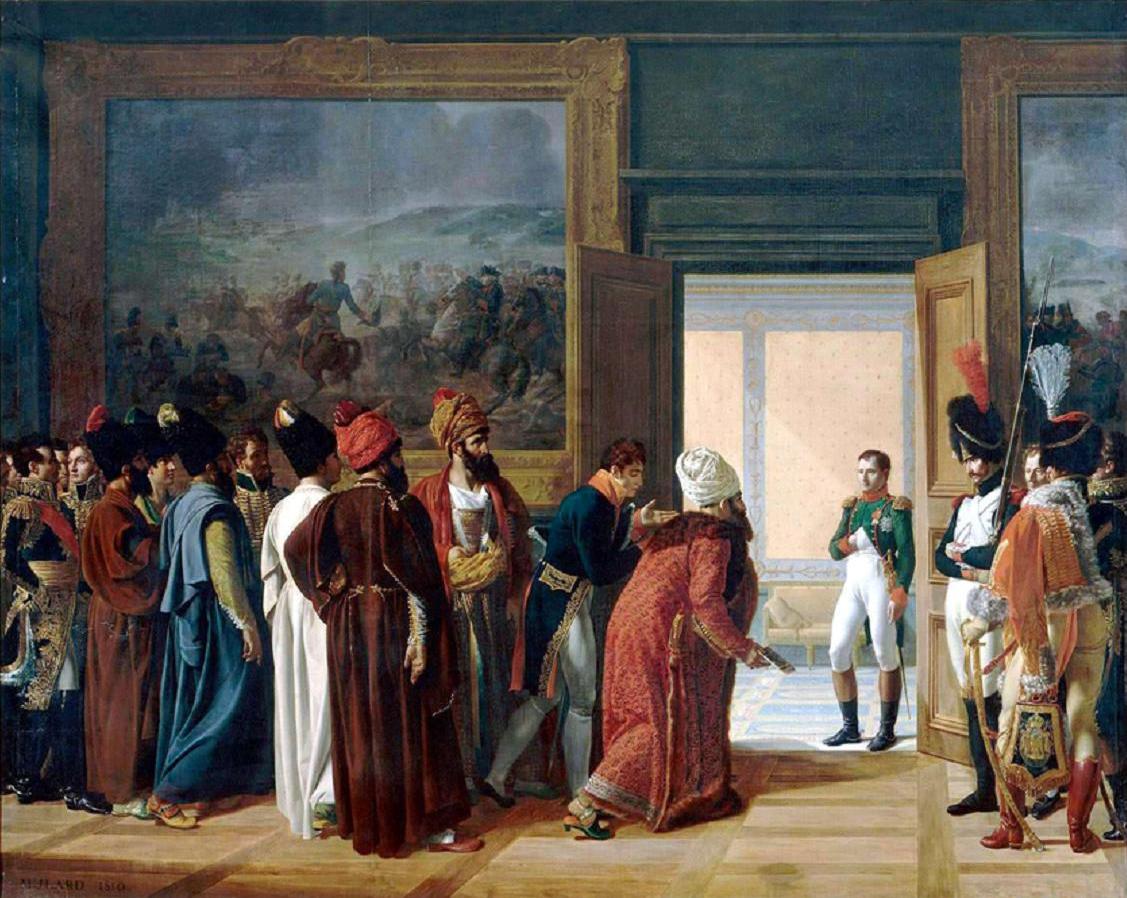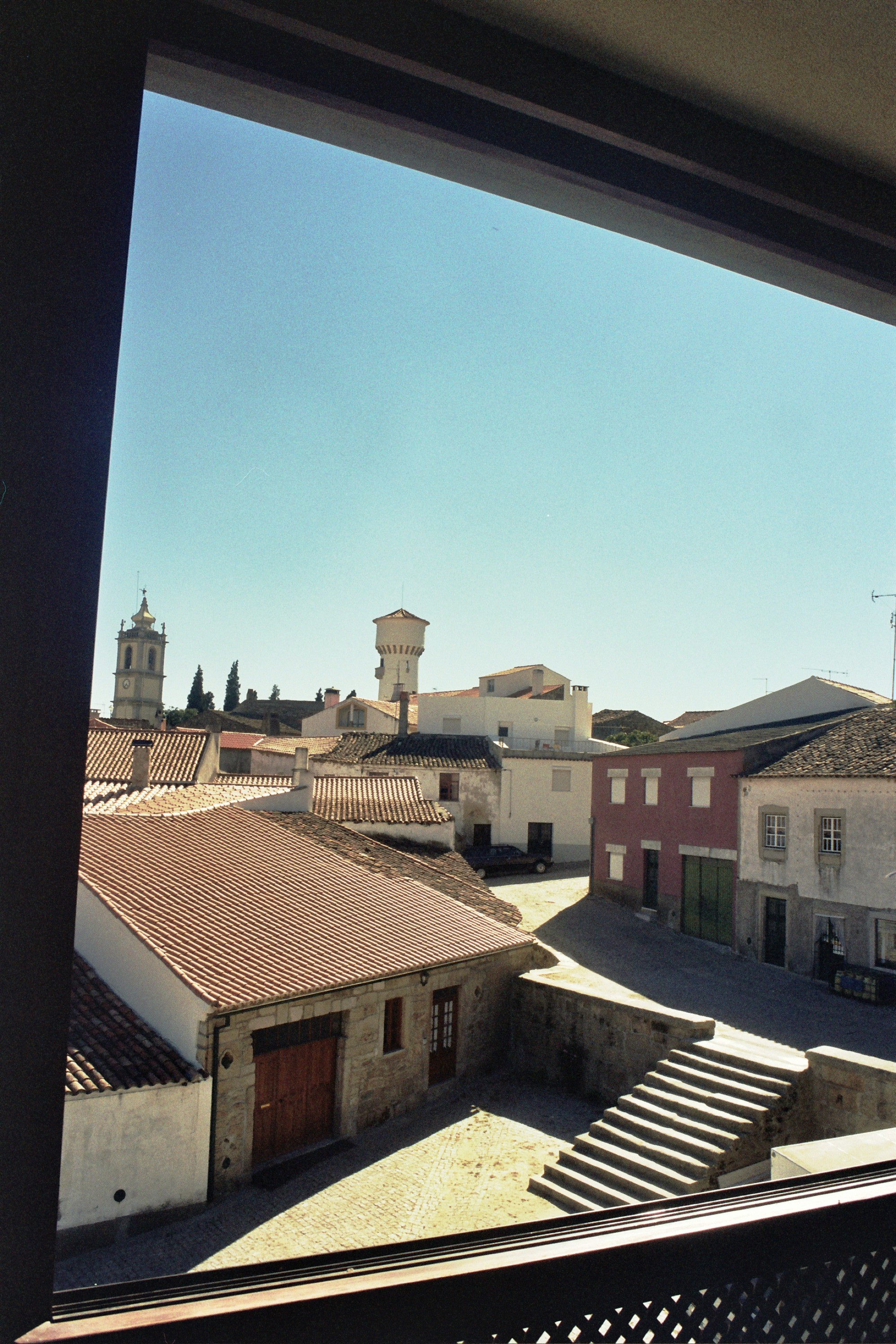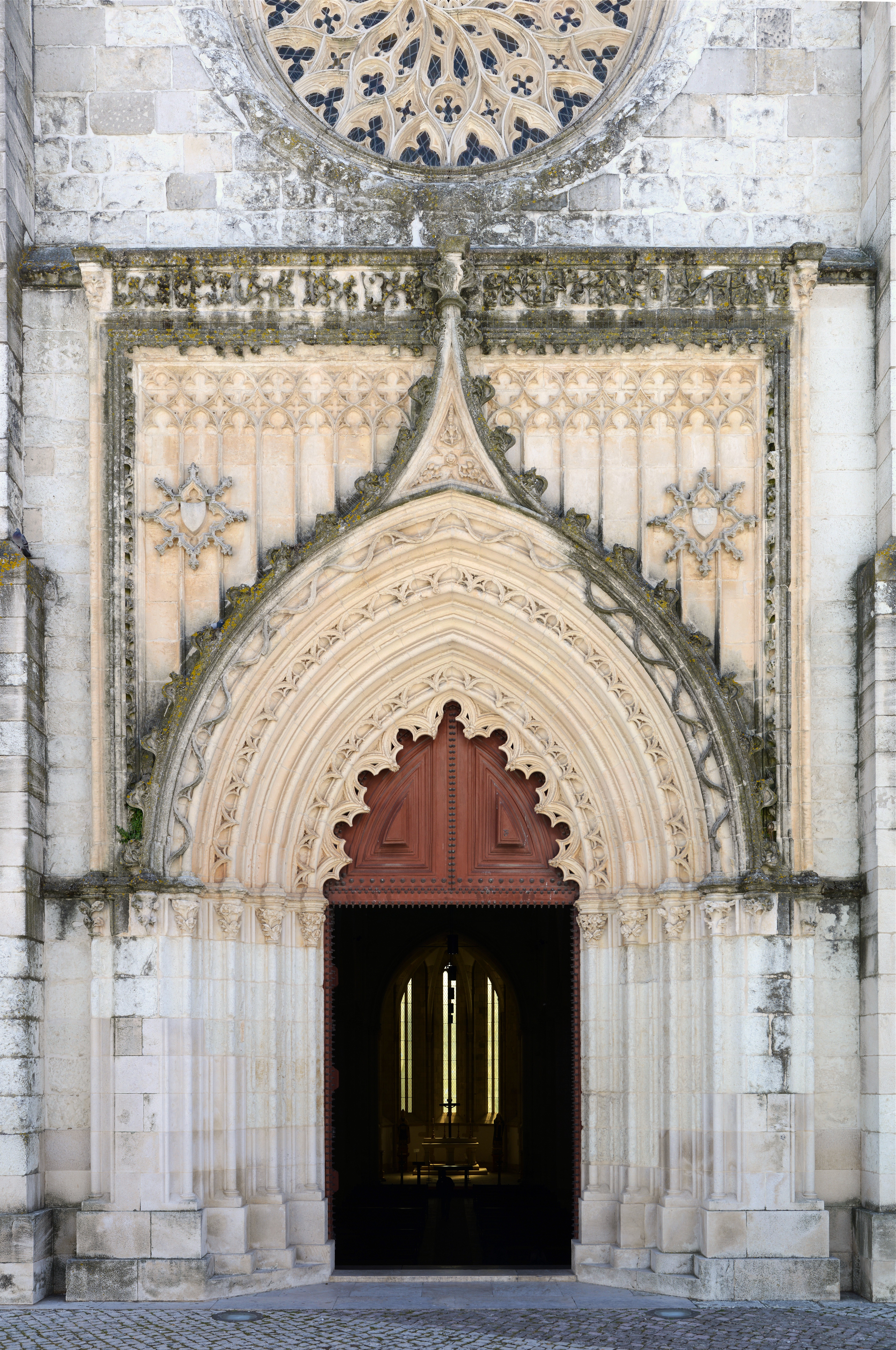|
Claude Matthieu
Claude-Matthieu, Comte de Gardane (11 July 1766 in Marseille – 30 January 1818) was a French general and diplomat. He entered the army and rose rapidly during the revolutionary wars, becoming captain in 1793. Biography In May 1799 he distinguished himself by saving a division of the French army which was about to be crushed by the Russians at the battle of Bassignana, and was named at once brigadier-general by Moreau. He incurred Napoleon's displeasure for an omission of duty shortly before the battle of Marengo (June, 1800), but in 1805 was appointed to be '' aide-de-camp'' of the emperor. His chief distinction, however, was to be won in the diplomatic sphere. In the spring of 1807, when Russia and Prussia were at war with France, and the emperor Alexander I of Russia was also engaged in hostilities with Persia. The court of Tehran sent a mission to the French emperor, then at the Finckenstein Palace in East Prussia, with a view to the conclusion of a Franco-Persian alliance ... [...More Info...] [...Related Items...] OR: [Wikipedia] [Google] [Baidu] |
Shah
Shah (; fa, شاه, , ) is a royal title that was historically used by the leading figures of Iranian monarchies.Yarshater, EhsaPersia or Iran, Persian or Farsi, ''Iranian Studies'', vol. XXII no. 1 (1989) It was also used by a variety of Persianate societies, such as the Ottoman Empire, the Kazakh Khanate, the Khanate of Bukhara, the Emirate of Bukhara, the Mughal Empire, the Bengal Sultanate, historical Afghan dynasties, and among Gurkhas. Rather than regarding himself as simply a king of the concurrent dynasty (i.e. European-style monarchies), each Iranian ruler regarded himself as the Shahanshah ( fa, شاهنشاه, translit=Šâhanšâh, label=none, ) or Padishah ( fa, پادشاه, translit=Pâdešâh, label=none, ) in the sense of a continuation of the original Persian Empire. Etymology The word descends from Old Persian ''xšāyaθiya'' "king", which used to be considered a borrowing from Median, as it was compared to Avestan ''xšaθra-'', "power" and " ... [...More Info...] [...Related Items...] OR: [Wikipedia] [Google] [Baidu] |
French People Of The French Revolutionary Wars
French (french: français(e), link=no) may refer to: * Something of, from, or related to France ** French language, which originated in France, and its various dialects and accents ** French people The French people (french: Français) are an ethnic group and nation primarily located in Western Europe that share a common French culture, history, and language, identified with the country of France. The French people, especially the na ..., a nation and ethnic group identified with France ** French cuisine, cooking traditions and practices Fortnite French places Arts and media * The French (band), a British rock band * French (episode), "French" (episode), a live-action episode of ''The Super Mario Bros. Super Show!'' * Française (film), ''Française'' (film), 2008 * French Stewart (born 1964), American actor Other uses * French (surname), a surname (including a list of people with the name) * French (tunic), a particular type of military jacket or tunic used in the Ru ... [...More Info...] [...Related Items...] OR: [Wikipedia] [Google] [Baidu] |
People Of The Russo-Persian Wars
A person ( : people) is a being that has certain capacities or attributes such as reason, morality, consciousness or self-consciousness, and being a part of a culturally established form of social relations such as kinship, ownership of property, or legal responsibility. The defining features of personhood and, consequently, what makes a person count as a person, differ widely among cultures and contexts. In addition to the question of personhood, of what makes a being count as a person to begin with, there are further questions about personal identity and self: both about what makes any particular person that particular person instead of another, and about what makes a person at one time the same person as they were or will be at another time despite any intervening changes. The plural form "people" is often used to refer to an entire nation or ethnic group (as in "a people"), and this was the original meaning of the word; it subsequently acquired its use as a plural form of per ... [...More Info...] [...Related Items...] OR: [Wikipedia] [Google] [Baidu] |
Diplomats From Marseille
A diplomat (from grc, δίπλωμα; romanized ''diploma'') is a person appointed by a state or an intergovernmental institution such as the United Nations or the European Union to conduct diplomacy with one or more other states or international organizations. The main functions of diplomats are: representation and protection of the interests and nationals of the sending state; initiation and facilitation of strategic agreements; treaties and conventions; promotion of information; trade and commerce; technology; and friendly relations. Seasoned diplomats of international repute are used in international organizations (for example, the United Nations, the world's largest diplomatic forum) as well as multinational companies for their experience in management and negotiating skills. Diplomats are members of foreign services and diplomatic corps of various nations of the world. The sending state is required to get the consent of the receiving state for a person proposed to serve ... [...More Info...] [...Related Items...] OR: [Wikipedia] [Google] [Baidu] |
1818 Deaths
Events January–March * January 1 ** Battle of Koregaon: Troops of the British East India Company score a decisive victory over the Maratha Empire. ** Mary Shelley's ''Frankenstein'' is published anonymously in London. * January 2 – The British Institution of Civil Engineers is founded. * January 3 (21:52 UTC) – Venus occults Jupiter. It is the last occultation of one planet by another before November 22, 2065. * January 6 – The Treaty of Mandeswar brings an end to the Third Anglo-Maratha War, ending the dominance of Marathas, and enhancing the power of the British East India Company, which controls territory occupied by 180 million Indians. * January 11 – Percy Bysshe Shelley's ''Ozymandias'' is published pseudonymously in London. * January 12 – The Dandy horse (''Laufmaschine'' bicycle) is invented by Karl Drais in Mannheim. * February 3 – Jeremiah Chubb is granted a British patent for the Chubb detector lock. * February 5 – Upon his death, King Ch ... [...More Info...] [...Related Items...] OR: [Wikipedia] [Google] [Baidu] |
1766 Births
Events January–March * January 1 – Charles Edward Stuart ("Bonnie Prince Charlie") becomes the new Stuart claimant to the throne of Great Britain, as King Charles III, and figurehead for Jacobitism. * January 14 – Christian VII becomes King of Denmark. * January 20 – Outside of the walls of the Thailand capital of Ayutthaya, tens of thousands of invaders from Burma (under the command of General Ne Myo Thihapate and General Maha Nawatra) are confronted by Thai defenders led by General Phya Taksin. The defenders are overwhelmed and the survivors take refuge inside Ayutthaya. The siege continues for 15 months before the Burmese attackers collapse the walls by digging tunnels and setting fire to debris. The city falls on April 9, 1767, and King Ekkathat is killed. * February 5 – An observer in Wilmington, North Carolina reports to the Edinburgh newspaper ''Caledonian Mercury'' that three ships have been seized by British men-of-war, on the ch ... [...More Info...] [...Related Items...] OR: [Wikipedia] [Google] [Baidu] |
Franco-Persian Alliance
A Franco-Persian alliance or Franco-Iranian alliance was formed for a short period between the French Empire of Napoleon I and Fath Ali Shah of Qajar Persia against Russia and Great Britain between 1807 and 1809. The alliance was part of a plan to gather extra aid against Russia and by Persia's help, having another front on Russia's southern borders, namely the Caucasus region. The alliance unravelled when France finally allied with Russia and turned its focus to European campaigns. Background Due to the traditional friendly relations of France with the Ottoman Empire formalized by a long-standing Franco-Ottoman alliance, the relations of France with Iran had long been minimal. Instead, a Habsburg-Persian alliance had developed during the 16th century, and when Persian embassies visited Europe with the Persian embassy to Europe (1599–1602) and the Persian embassy to Europe (1609–1615), they pointedly avoided France. First rapprochement Later however, France developed rel ... [...More Info...] [...Related Items...] OR: [Wikipedia] [Google] [Baidu] |
Almeida, Portugal
Almeida () is a fortified village and a municipality in the sub-region of Beira Interior Norte and the District of Guarda, Portugal. The town proper has a population of 1,300 people (2011). The municipality population in 2011 was 7,242, in an area of . It is located in Riba-Côa river valley. The present Mayor is António Baptista Ribeiro, elected by the Social Democratic Party. The municipal holiday is July 2. Location The village lies west of the border with Spain and straddles the N332 road.Tourist & Motoring Atlas – Spain & Portugal. Publisher: Michelin Edition 2014. Work: page 42. The Rio Côa run northwards a short distance to the west of the village. The town's castle fortress was completed in 1641 and is located to the north of the village and is approached through the two tunnel gates and dry moat named the ''Portas de São Francisco''. Twin town * Mutzig, Bas-Rhin, France History In and around the environment of Almeida, evidence of Human occupation can ... [...More Info...] [...Related Items...] OR: [Wikipedia] [Google] [Baidu] |
Santarém, Portugal
Santarém () is a city and municipality located in the district of Santarém in Portugal. The population in 2021 was 58 671,excluding the parish Pombalinho, that changed from the municipality of Santarém to Golegã in 2013 in an area of 552.54 km2. The population of the city proper was 29,929 in 2012. The mayor is Ricardo Gonçalves (PSD). The municipal holiday is March 19, the day of Saint Joseph (''São José''). The city is on the Portuguese Way variant of the Way of Saint James. History Since prehistory, the region of Santarém has been inhabited, first by the Lusitani people and then by the Greeks, Romans, Visigoths, Moors and later Portuguese Christians. Of the various legends related to the foundation of Santarém, the most famous tells of the Visigoth Saint Iria (or Irene), who was martyred in Tomar (''Nabantia'') and whose uncorrupted body reached Santarém. In her honour, the name of the town (then known by its Latin name '' Scalabis'') would later be changed t ... [...More Info...] [...Related Items...] OR: [Wikipedia] [Google] [Baidu] |
André Masséna
André Masséna, Prince of Essling, Duke of Rivoli (born Andrea Massena; 6 May 1758 – 4 April 1817) was a French military commander during the French Revolutionary Wars and the Napoleonic Wars.Donald D. Horward, ed., trans, annotated, The French Campaign in Portugal, An Account by Jean Jacques Pelet, 1810-1811 (Minneapolis, MN, 1973), 501. He was one of the original 18 Marshals of the Empire created by Napoleon I, with the nickname (the Dear Child of Victory). Many of Napoleon's generals were trained at the finest French and European military academies, however Masséna was among those who achieved greatness without the benefit of formal education. While those of noble rank acquired their education and promotions as a matter of privilege, Masséna rose from humble origins to such prominence that Napoleon referred to him as "the greatest name of my military empire". His military career is equaled by few commanders in European history. In addition to his battlefield successes ... [...More Info...] [...Related Items...] OR: [Wikipedia] [Google] [Baidu] |
Count
Count (feminine: countess) is a historical title of nobility in certain European countries, varying in relative status, generally of middling rank in the hierarchy of nobility. Pine, L. G. ''Titles: How the King Became His Majesty''. New York: Barnes & Noble, 1992. p. 73. . The etymologically related English term "county" denoted the territories associated with the countship. Definition The word ''count'' came into English from the French ''comte'', itself from Latin ''comes''—in its accusative ''comitem''—meaning “companion”, and later “companion of the emperor, delegate of the emperor”. The adjective form of the word is "comital". The British and Irish equivalent is an earl (whose wife is a "countess", for lack of an English term). In the late Roman Empire, the Latin title ''comes'' denoted the high rank of various courtiers and provincial officials, either military or administrative: before Anthemius became emperor in the West in 467, he was a military ''comes ... [...More Info...] [...Related Items...] OR: [Wikipedia] [Google] [Baidu] |


_1938.jpg)






.jpg)
